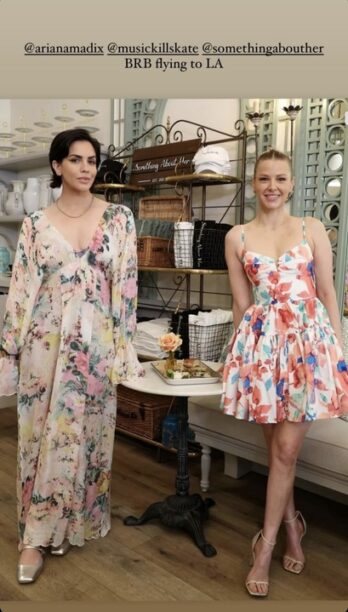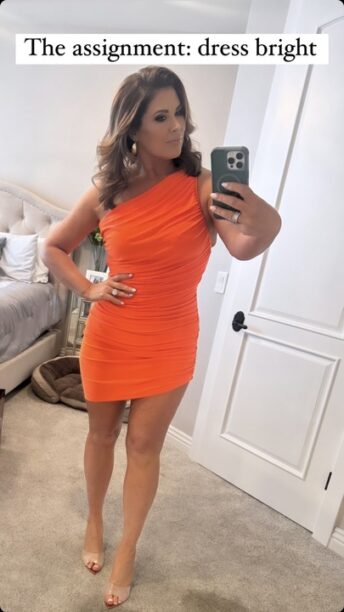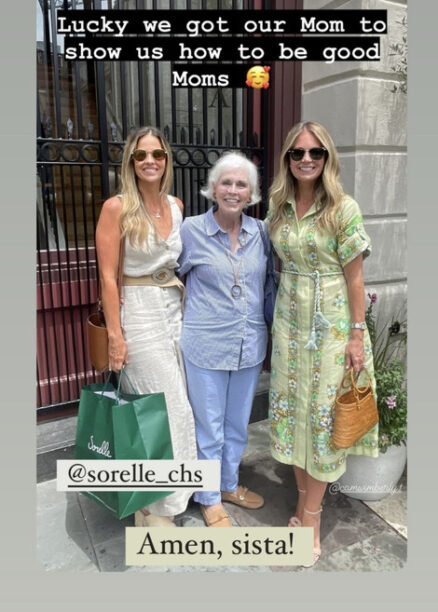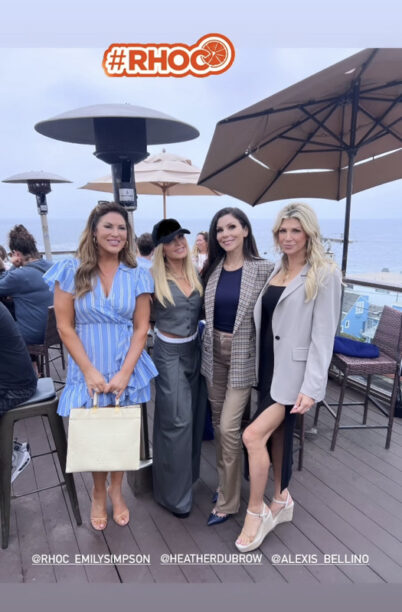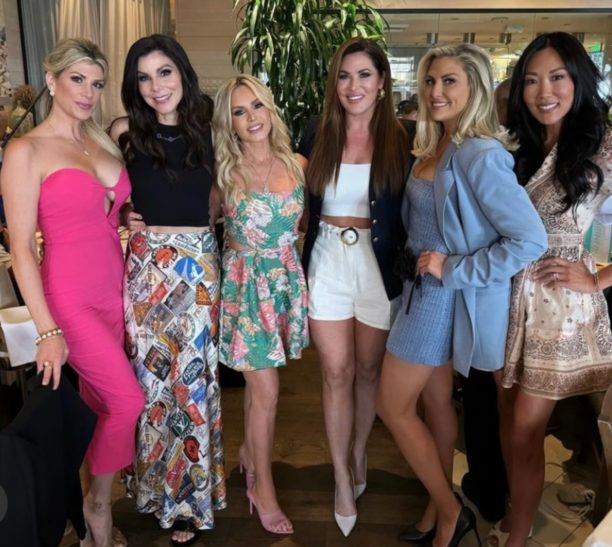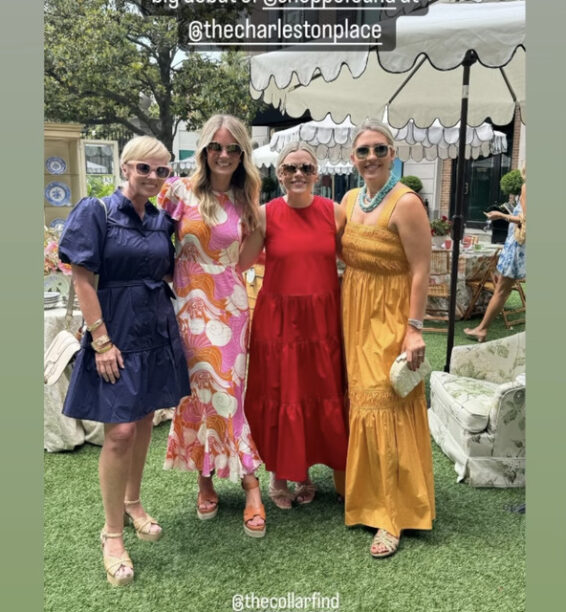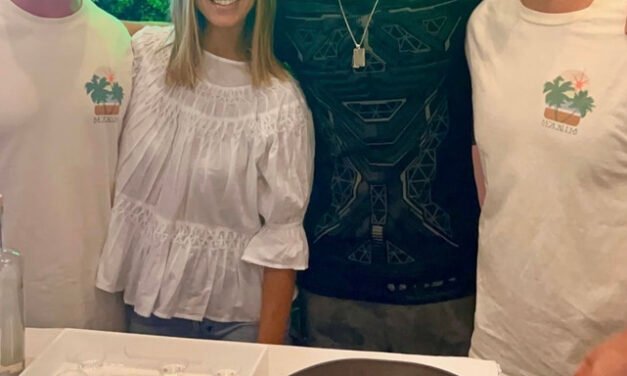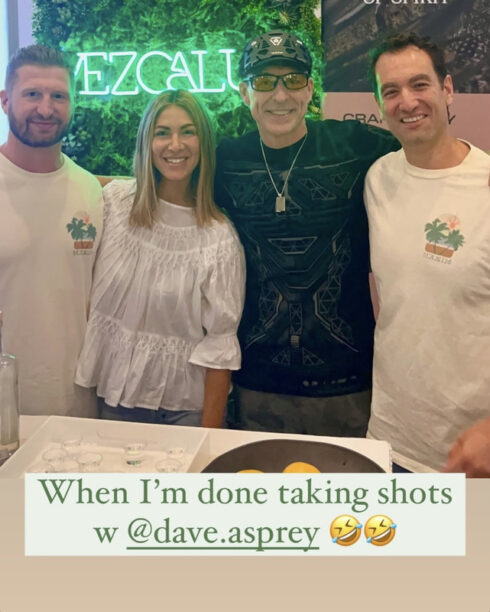Piano Lesson 37: Love, Oh Love, Oh Careless Love 🎶

Welcome to Piano Lesson 37!
NOTE: If you are just joining us for the first time, you can find my previous Sixty and Me Free Piano Lessons on my Author page. You can join our lessons any time and move at your own pace!
37.1 A Technique for Developing Keyboard Instinct
When you have a song or piece that requires some jumping around, for example moving from the D chord to the A chord, or the B chord to E chord in Careless Love on p.91, you can practice by closing your eyes before jumping to the 2nd chord. This is the way we can accelerate building an instinct for how far apart the keys are.
If over these two weeks your brain has begun to instinctually know how far to jump between the D and A chord, then you will only have to glance down briefly to hit the A chord in time, or in the case of moving from the D chord to the B chord, you might not have to look down at all! (You can definitely move from the G chord to the G minor chord without looking at your left hand.)
Try it! You will be more successful at moving between these chords without losing time if you practice this technique of moving your hand from one chord to the next with your eyes closed. Sometimes you will just be taking a leap, but in other cases you will be able to use the black keys as “touchstones” to help guide you, as I demonstrate in my video:
37.2 Careless Love p.91
In my video 37.1 above I spoke about black keys as “touchstones” to help you to find a note or chord. White keys that are “common tones” can also be touchstones. Common tones are notes that two chords share in common. For example, a C chord and an E minor chord both contain an E and G. E and G are the “common tones” that the C major and E minor chords share.
In Careless Love, notice that when moving from the D chord to the G chord, the D that is at the bottom of the D chord (aka the root of the chord) is also the top key of the G chord, so you can use that D as your “touchstone.” Similarly, when moving from the E chord to the A chord, E is the root of the E chord, which will become the top key of the A chord. And when moving from the G minor (D is on top) to the D major chord (D is the root) you can use the D as your touchstone.
37.3 Piano Puzzler #2, p.92
Piano Puzzler #2 will help you to review some musical terms which you have learned in this book, that you will need to know in the Upper Hands Piano BOOKS 2-4, and in all sheet music, in general. If you come upon a musical term you don’t remember, you might want to make a list, or flash cards, to keep reviewing them until you know them. You can check your work on my UpperHandsPiano.com ANSWERS page.
Passion Practice
- Exercise #3 (Appendix v) Review Ex #3 in C, G, D, A, E and B with your hands together. Remember to play the notes 2x forte, and 1x piano, before playing the major, minor and diminished chords at the end.
- p.91 – Practice the chords in Careless Love with your left hand alone (watch my video about moving from 1 chord to the next with your eyes closed!) Then practice the right hand melody. When you feel ready, put your hands together. This piece is challenging, so take it slow. For some extra fun and an extra brain boost, try singing the lyrics with the melody!
- p.89 – Review the Minuet. If you haven’t yet been able to play the repeat the from the 1st ending to the beginning smoothly, without a pausing or making a mistake, keep playing it. Alternatively, review For He’s a Jolly Good Fellow (p.67) and/or Eine Kleine Nachtmusik (p.74).
- p.92 – Do the Piano Puzzler #2! Try to fill in the blanks without looking at the answers at the bottom of the page. Make flash cards or a list of the terms you still need to study.
- Chord Calisthenics #5 – (Appendix viii) Play the minor and diminished triads in the first line, C, G, D and A. See how many of these chords you can remember without looking at the letters.
Let’s Have a Conversation!
How is your practice going? Are you able to get to your keyboard 3-4 days per week? How much time do you usually practice once you are on the bench? Do you enjoy playing your songs or the exercises better? How does your body feel as you play the piano? Here is some inspo from Lesson 8 to help you practice consistently so that you can see gradual, steady progress.
Read More



























